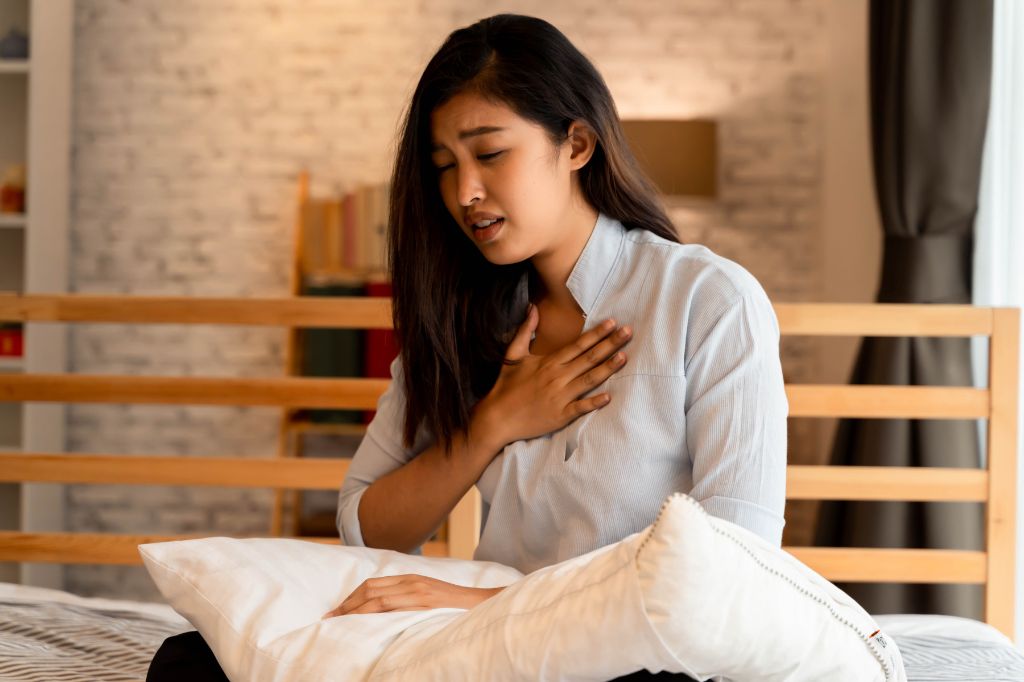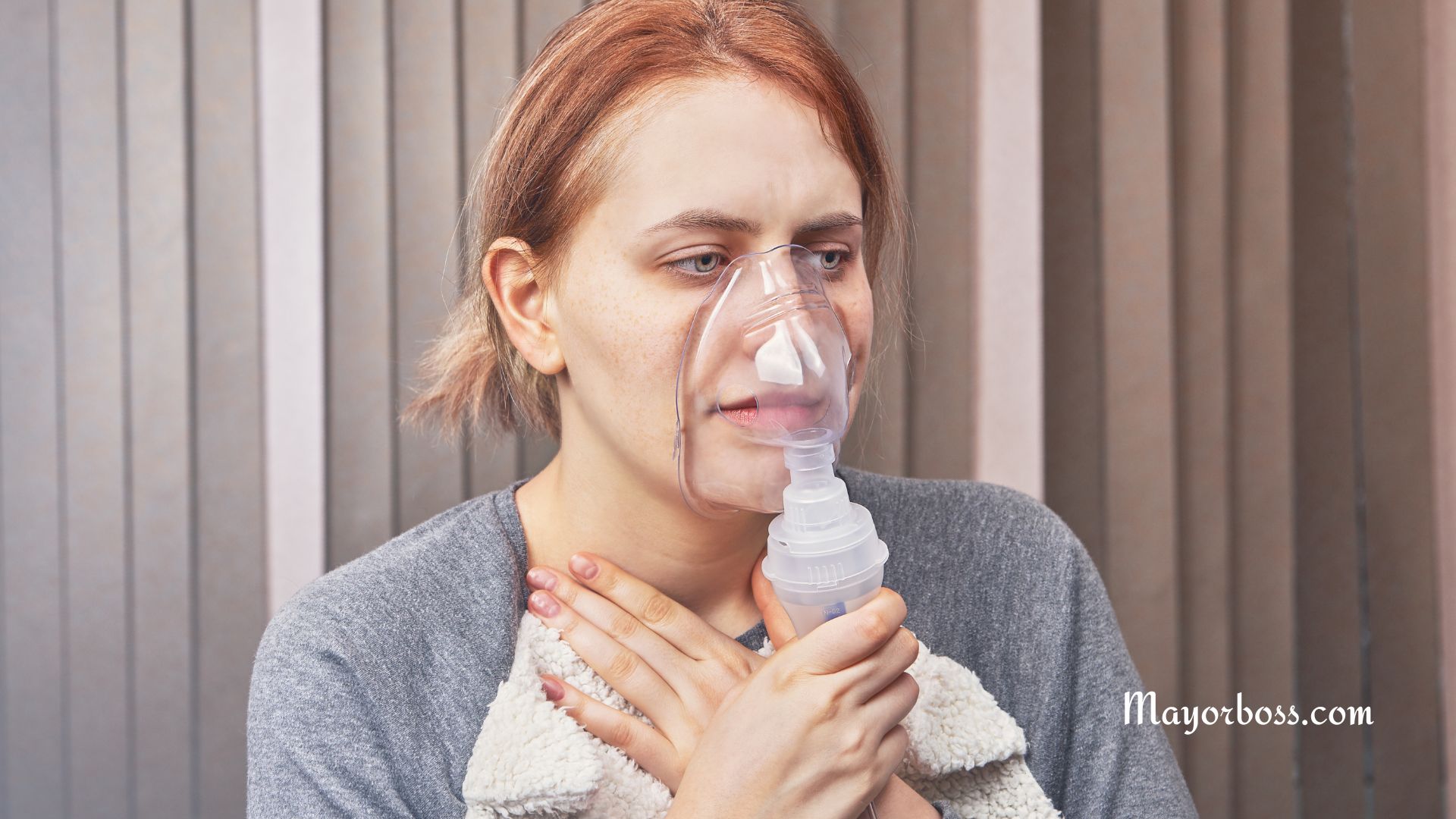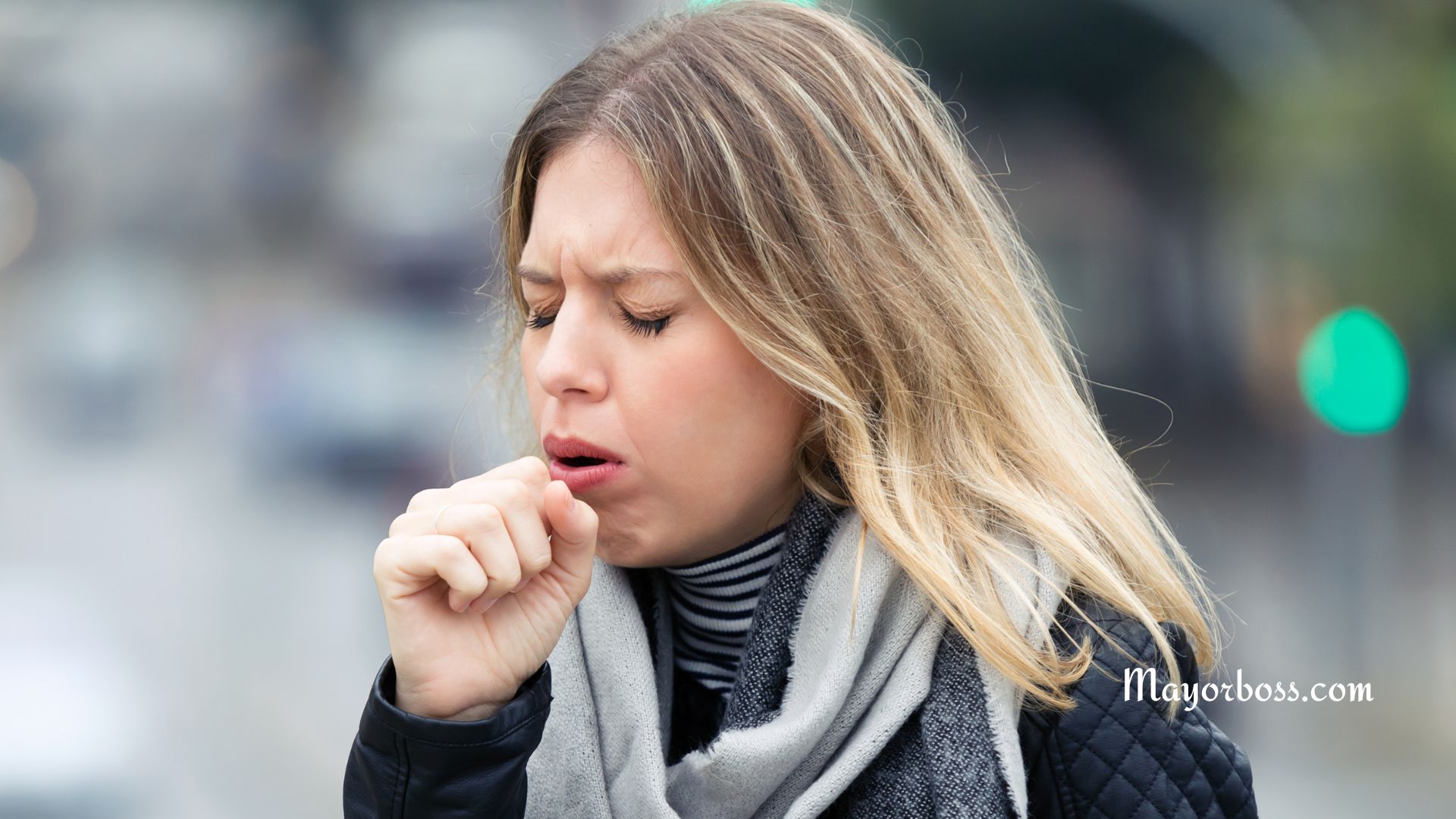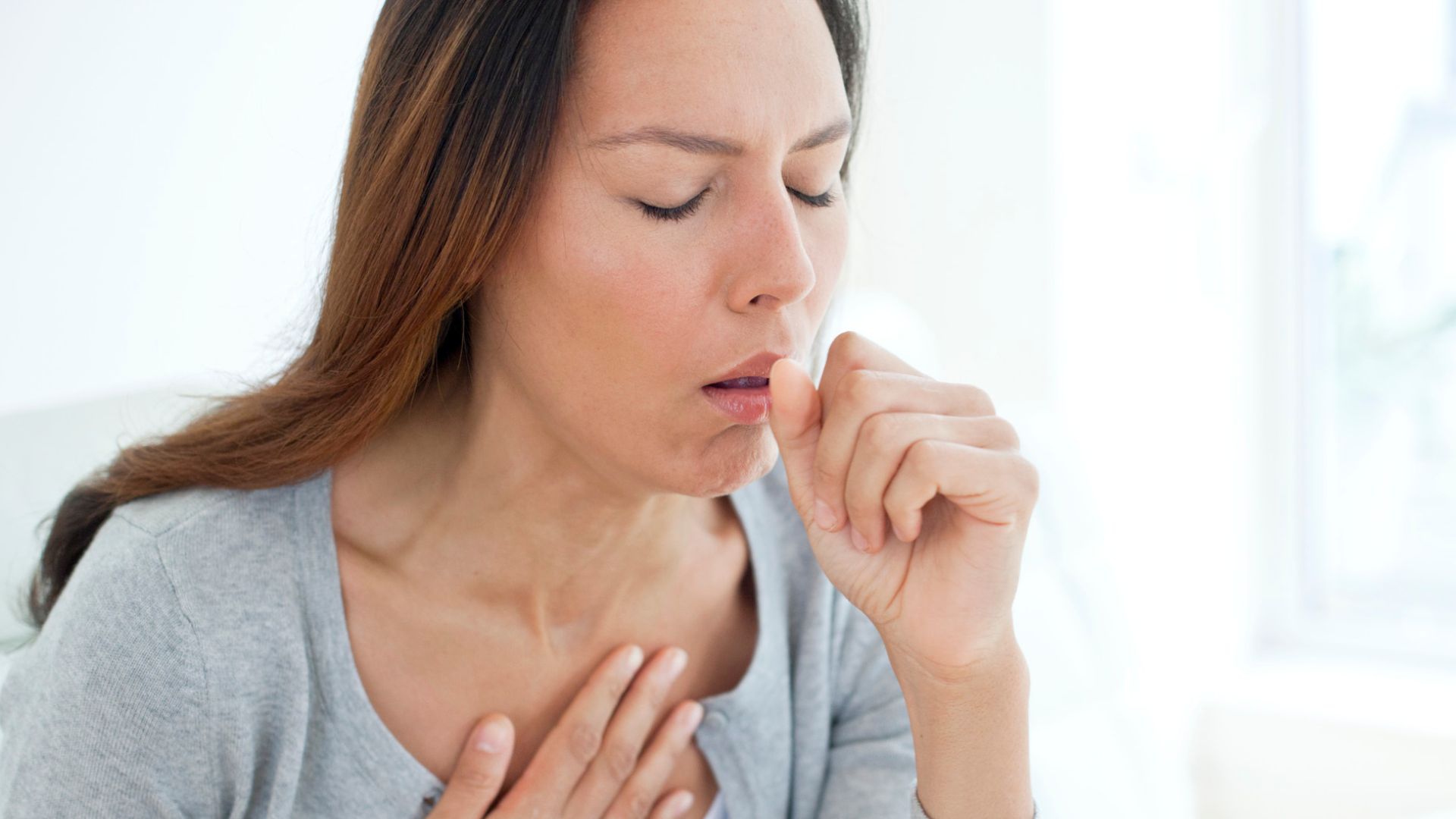What Causes Shortness of Breath?
What is shortness of breath?
Shortness of breath, also known as dyspnea, is a feeling of breathlessness that can range from mild to severe. Symptoms of shortness of breath include difficulty breathing in and out, tightness in the chest, increased heart rate, and feeling lightheaded or dizzy.
What causes Shortness of Breath?

Shortness of breath is a common symptom that can have many underlying causes. Some of the most common causes include conditions like asthma, chronic obstructive pulmonary disease (COPD), allergies, and infections.
Other possible culprits include cardiovascular illnesses like angina, heart attacks, or congestive heart failure. As well as metabolic disorders like anemia or diabetes.
Anxiety and stress can also lead to shortness of breath due to hyperventilation. In some cases, shortness of breath may be caused by a structural abnormality in the lungs, such as a collapsed lung, pleural effusion, or enlarged lymph nodes pressing against the lung tissue.
What’s more, there are a variety of other causes for shortness of breath, including pregnancy, smoking, obesity, certain medications, physical overexertion, and lung cancer.
But that is not all. Strenuous physical activities such as running or climbing stairs can cause shortness of breath due to the oxygen demands placed on your body during exercise being greater than what your body is capable of providing at that time.
Additionally, environmental factors such as high altitudes or living close to heavy traffic can affect the air quality you’re breathing in, which could lead to shortness of breath.
It’s important to note that any sudden onset of shortness of breath should prompt one to seek medical attention immediately since this could indicate a life-threatening illness or condition.
Final thoughts
If you are experiencing shortness of breath that is severe and your symptoms are not improving, call 999 or go to the nearest hospital. Seek immediate medical attention if you experience any of the following, along with shortness of breath: chest pain, confusion, fainting, sweating, a blue tinge in your lips or skin, swollen ankles, and difficulty speaking.






